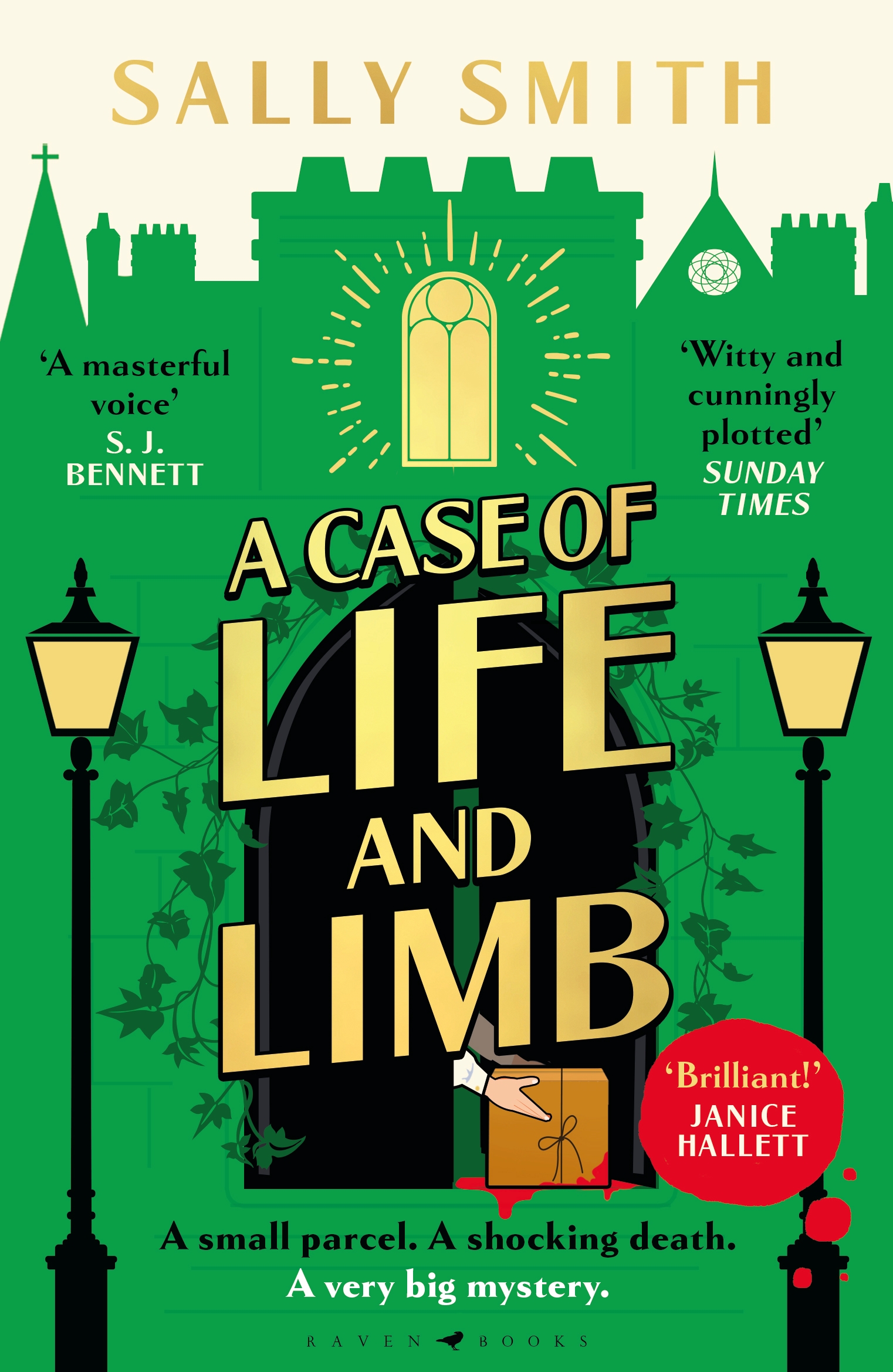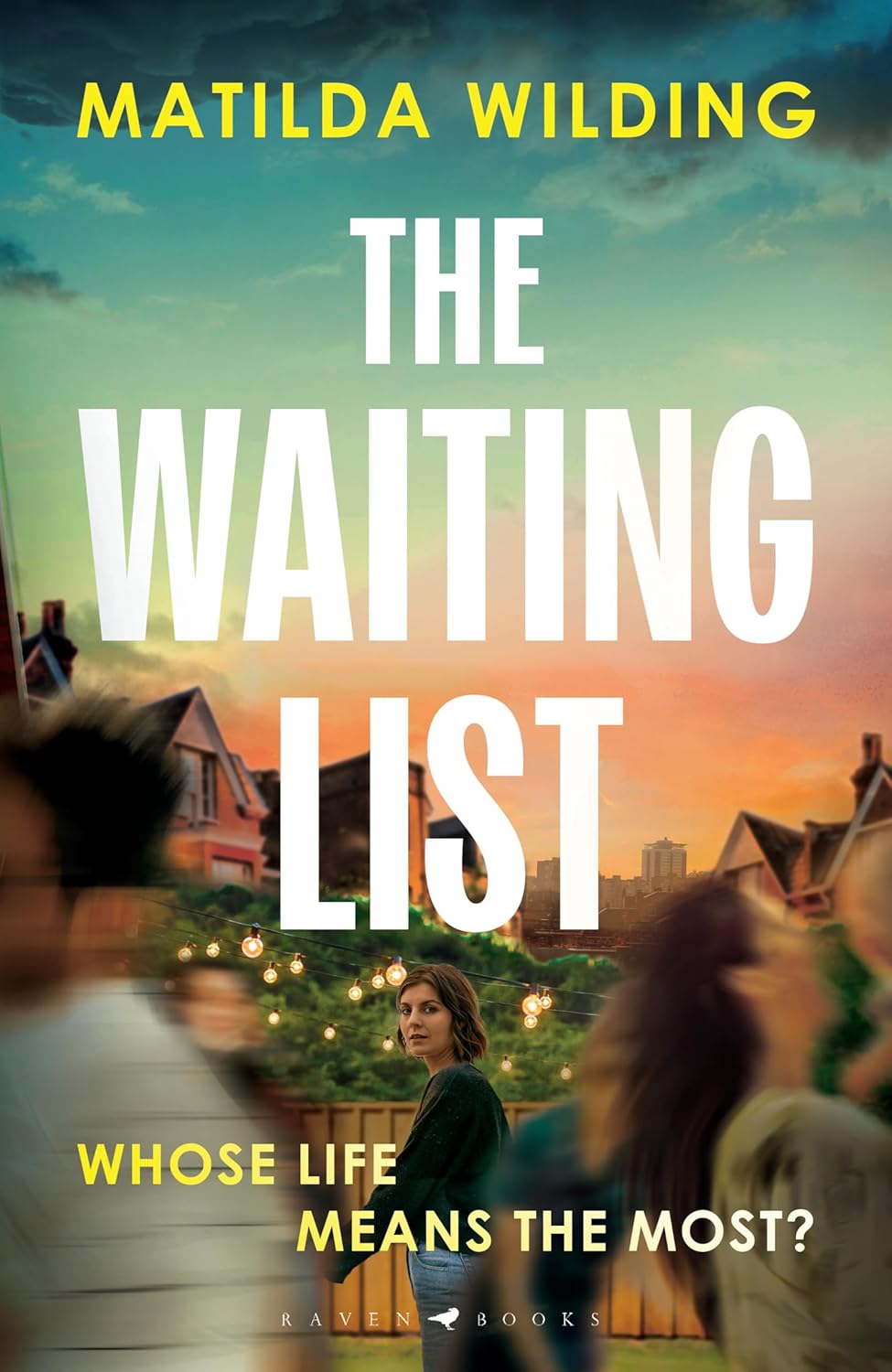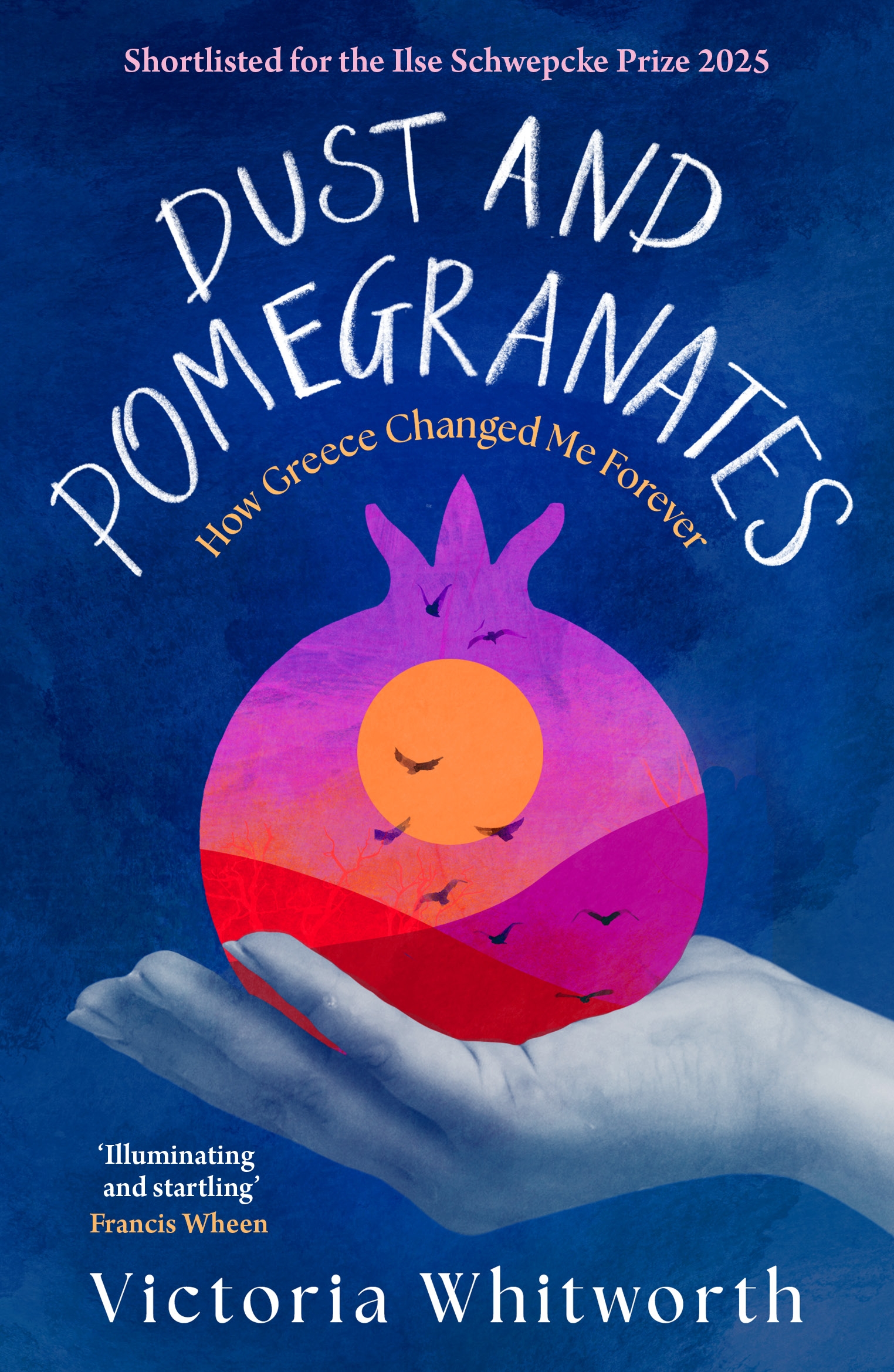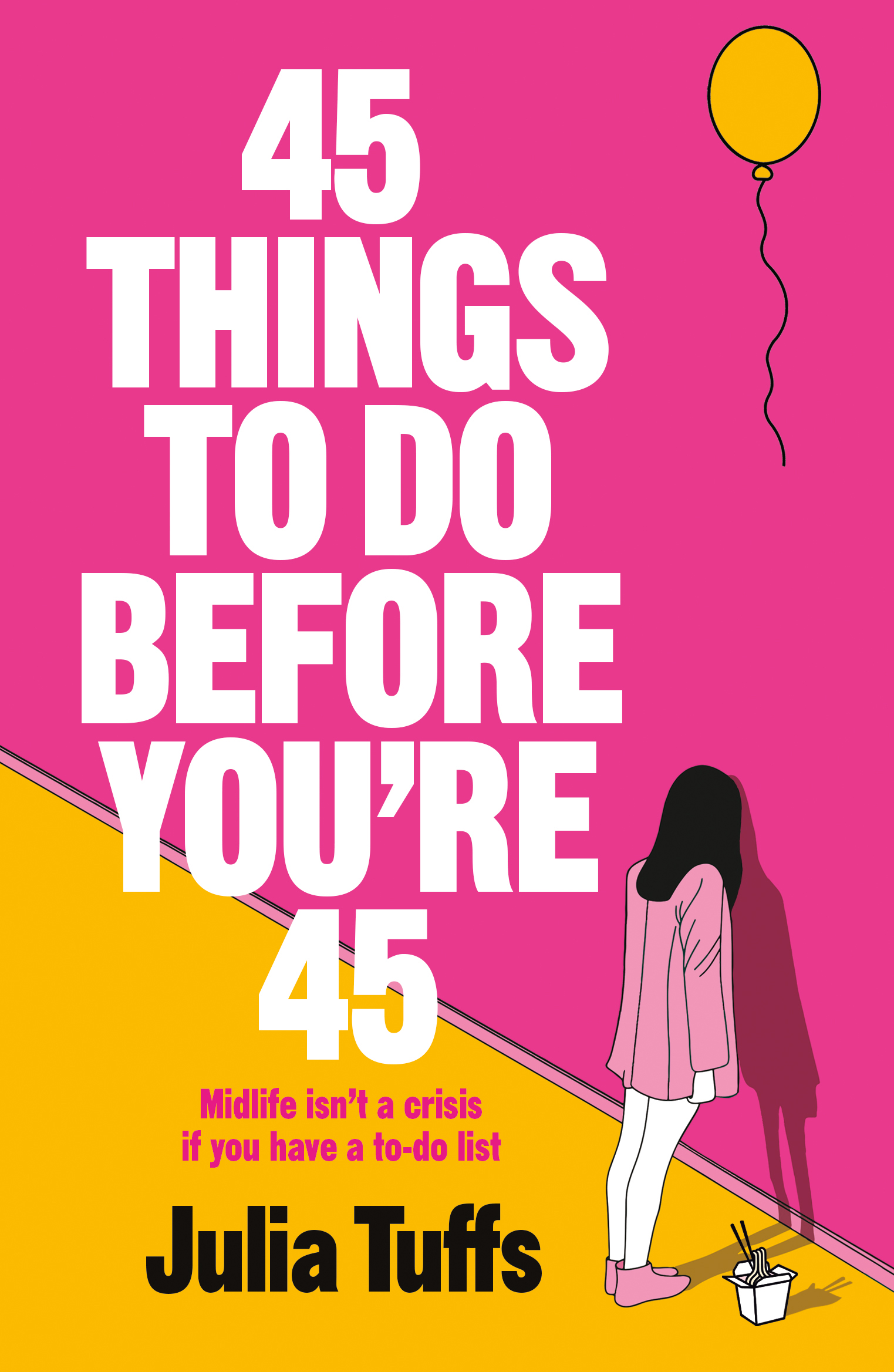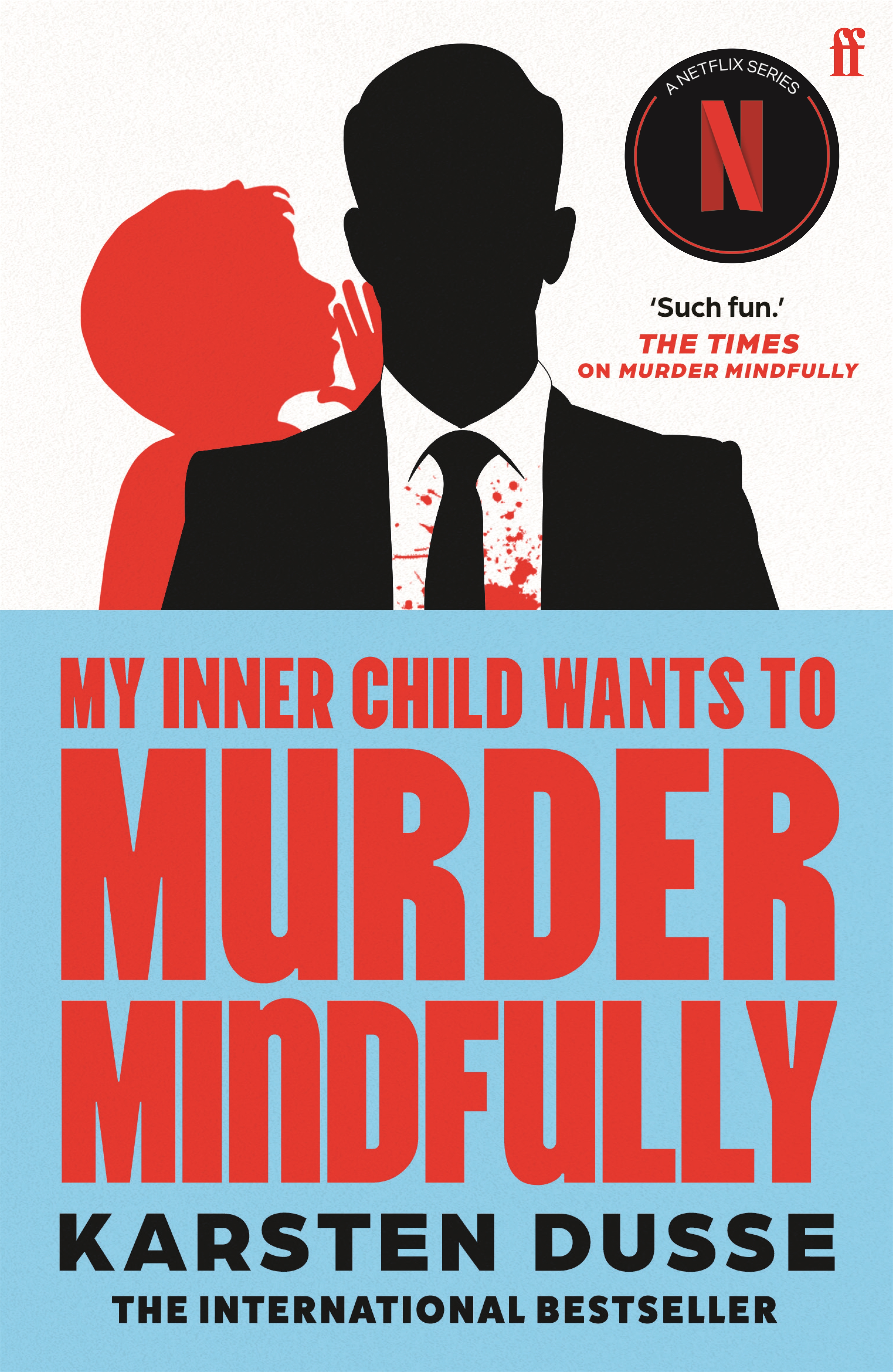Without Warning and Only Sometimes: 'Extraordinary. Moving and heartwarming' The Sunday Times
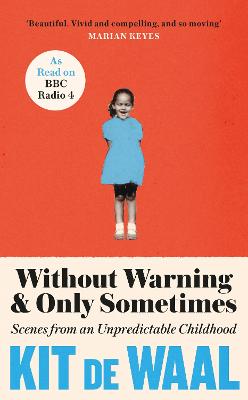
As seen:
By Kit de Waal
avg rating
1 review
‘Vivid and compelling and so moving… both painful and comforting to read’ Marian Keyes
A BOOK OF THE YEAR – GUARDIAN AND OBSERVER (December 2022)
SHORTLISTED FOR THE BOOKS ARE MY BAG READERS AWARD AND AN POST IRISH BIOGRAPHY OF THE YEAR 2022
AS BROADCAST ON BBC RADIO 4
Kit de Waal grew up in a household of opposites and extremes. Her haphazard mother rarely cooked, forbade Christmas and birthdays, worked as a cleaner, nurse and childminder sometimes all at once and believed the world would end in 1975. Meanwhile, her father stuffed barrels full of goodies for his relatives in the Caribbean, cooked elaborate meals on a whim and splurged money they didn’t have on cars, suits and shoes fit for a prince. Both of her parents were waiting for paradise. It never came.
Caught between three worlds, Irish, Caribbean and British in 1960s Birmingham, Kit and her brothers and sisters knew all the words to the best songs, caught sticklebacks in jam jars and braved hunger and hellfire until they could all escape. WITHOUT WARNING AND ONLY SOMETIMES is a story of an extraordinary childhood and how a girl who grew up in house where the Bible was the only book on offer went on to discover a love of reading that inspires her to this day. TweetReviews
Whitley Bay Book Group discussed Without Warning and Only Sometimes in June 2024.
We chose this book because the group had previously read and enjoyed Kit De Waal’s novels My Name is Leon and The Trick to Time, and admire her work in supporting writers from disadvantaged backgrounds. This is non-fiction, a memoir of the author’s chaotic childhood in 1960s Birmingham as one of five children of an Irish mother and a West Indian father, both of whom are dissatisfied in different ways with their lives and neither of whom have much idea of how to bring up children.
The group was divided on this book. Some of us liked it, and liked the fact that it wasn’t essentially a misery memoir. Although the parents were inadequate and often forgot to feed the children, they did love them, and Kit and her siblings formed a tribe of bright children who supported each other. The memoir is episodic, with some of the anecdotes very amusing, for example the description of the length that Jehovah’s Witness girls have to go to in order to meet suitable boys, and why Kit’s brother had to wear Lederhosen all of one summer.
Others of us would have liked more misery, and thought that compared with for example the fictionalised version of Douglas Stuart’s childhood in Shuggie Bain, Kit’s childhood was relatively unremarkable, and nothing much of interest happened.
We all liked her writing style and thought that she described characters well. The young Kit is an observer, and clearly on course to be a writer.
We gave the book between 1 and 4 stars with an average of 2.5.

